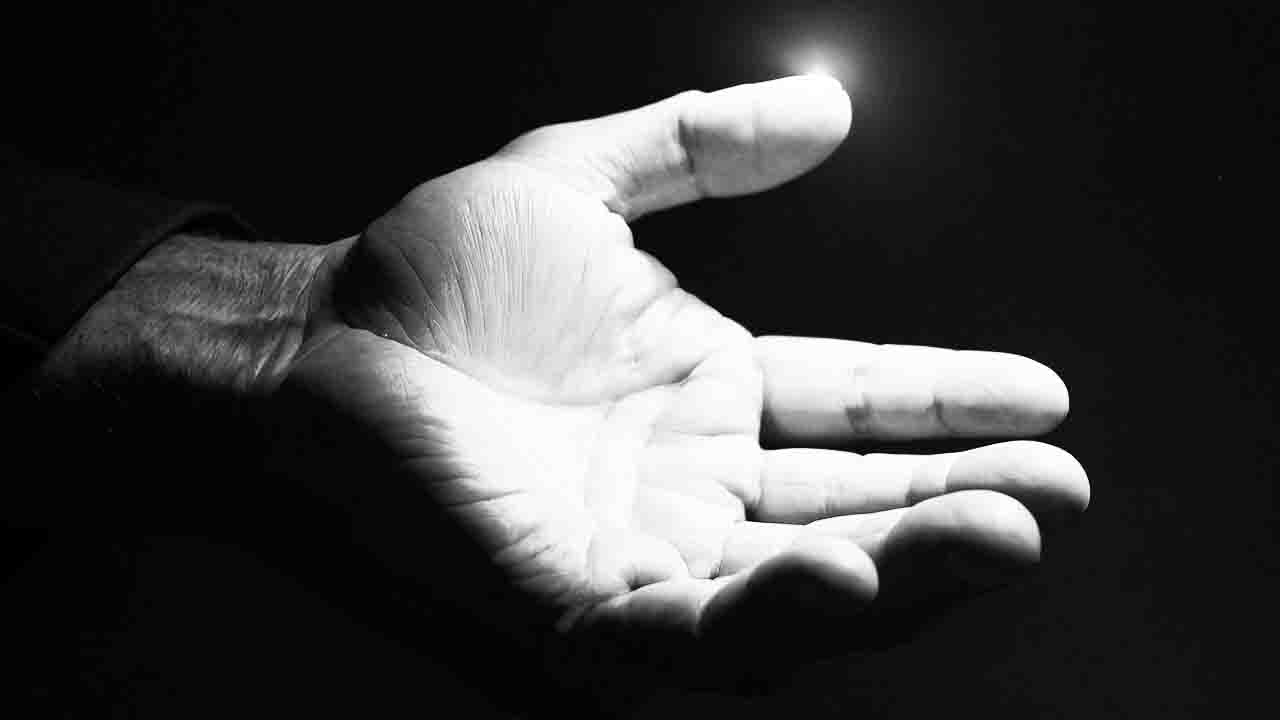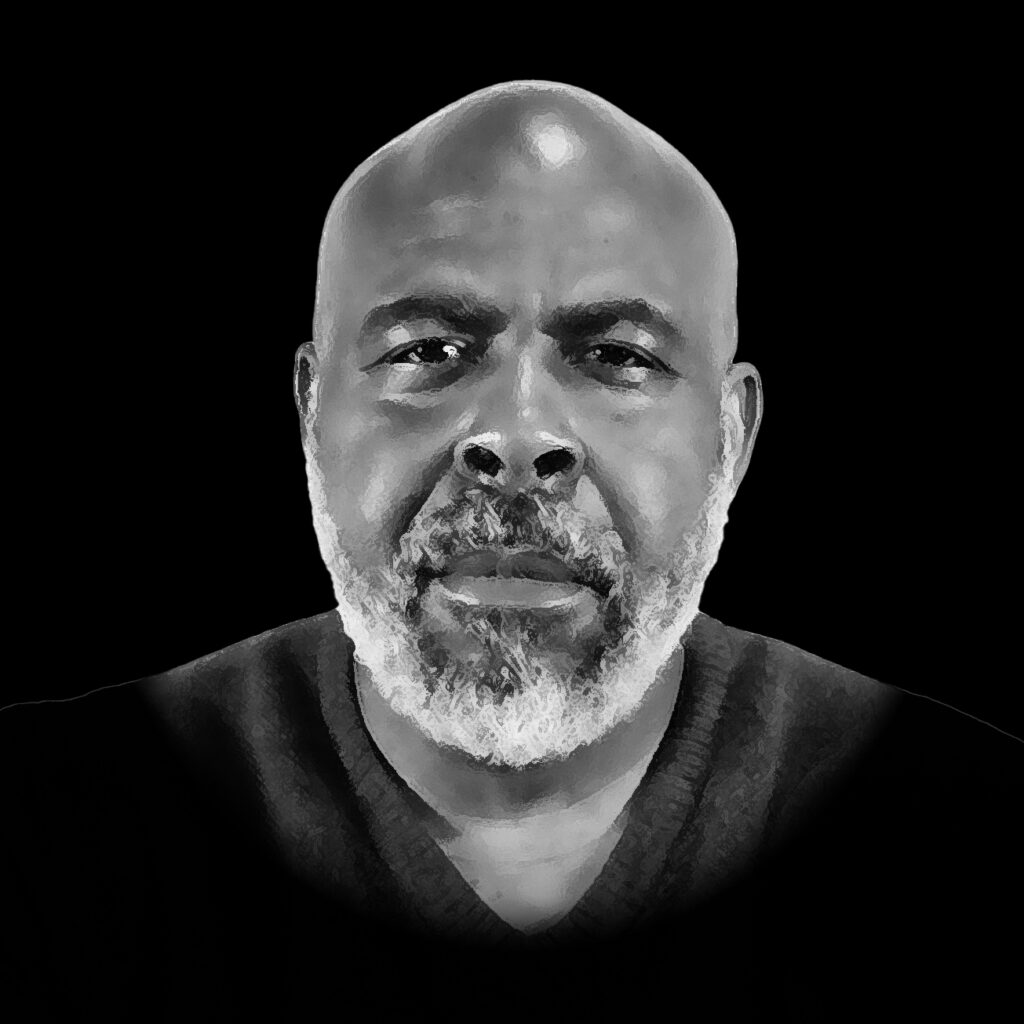Are You REALLY Willing to Pay the Price? Desire, Success, and Sacrifice
In life, we are often faced with decisions that require us to pay a price. Earl Nightingale once said, “You must be willing to pay the price”, but what does that really mean? How do we truly understand the cost of success and the sacrifices it might entail?
What Does It Mean to Pay the Price?
Before diving into what paying the price truly involves, let’s first ask two important questions:
- What do you view as success in life?
- What is an appropriate price to pay for that success?
Once you have these questions in mind, we can move on to the bigger, overarching question: Are you really willing to pay the price? Let’s break down what “the price” really means to help guide your reflection on this crucial topic.
Defining “Price”
There are two common definitions of the word price:
- The monetary cost of something — Think of the price tag on an item in a store, where you pay a certain amount of money in exchange for something you want.
- An unwelcome experience or event — This definition refers to the challenges, sacrifices, and even suffering that come with achieving something meaningful in life.
The second definition is where we can dig deeper. It’s not just about the money spent; it’s about the effort, the hardships, and the emotional toll that can come with achieving what you desire. Success is rarely without its price in this sense.
Have You Ever Wanted Something and Then Regretted It?
Think back to a time when you desired something, only to find that once you got it, it wasn’t as fulfilling as you thought. For example, imagine going to a restaurant, ordering a dish that sounded great, but upon tasting it, you realized it wasn’t what you expected. Or, in relationships, you might find yourself drawn to someone, only to discover that once you got to know them better, it wasn’t worth the effort.
You paid the price to get that meal or relationship, but in the end, you didn’t really want it. This is a reminder that sometimes, we don’t always know the true cost of our desires until we experience them.
Understanding the Price Before Paying It
What if you could understand the true cost of something before committing to it? Imagine how much time, energy, and effort we could save if we had a better understanding of the price beforehand. I’ll share a personal story to illustrate this.
A Lesson from the Past
When I was stationed at Fort Bragg in the 90s, I remember being part of the culture where having huge speakers (or “woofers”) in your car was a must. It wasn’t enough to just have good music; you needed the sound to rattle the trunk. Along with that, we had to have flashy chrome rims on our cars, even if the car didn’t really need them.
I look back now and realize how much money we wasted on those rims, oversized speakers, and chrome accessories. At the time, we thought it was the price of impressing others, especially women. But today, I see that money could have been invested in something that would have grown in value, like stock in Microsoft or Apple. Was it worth the price? Absolutely not. But at the time, it felt necessary.
Key Considerations Before Paying the Price
Before diving into any decision, here are three important considerations to help you determine if you’re really willing to pay the price.
1. Why Do You Want It?
Why do you desire what you’re seeking? It’s crucial to ask yourself this question deeply. Is your desire driven by an internal need or is it because of external pressures? For example, are you chasing a goal because you want it for yourself, or are you trying to impress others? Understanding the why behind your desire is key to determining whether the price is worth it.
2. What is the True Price?
The true price of anything goes beyond the initial cost. Let’s use the example of buying a car. Sure, the price tag tells you how much you’ll pay upfront, but have you considered the long-term costs? What about the maintenance, insurance, taxes, and other hidden costs? Often, we look at the surface cost of things and forget to account for what it really takes to maintain or keep what we acquire. Be sure to calculate the true price of your desires.
3. What’s the Opportunity Cost?
Every decision comes with an opportunity cost—the things you could have done instead. For example, I spent money on depreciating assets like car speakers and rims. Had I invested that money differently, it could have turned into wealth over time. What are you giving up to get what you want? Before you decide to pay the price, think about what else you could be doing with that time, energy, or money. Is it worth what you’re giving up?
When the Price Is Worth It
Once you’ve considered all of these factors and determined that what you’re pursuing is truly worth the price, the next step is simple: Pay the price.
There are no shortcuts or ways to avoid it. Success requires commitment, hard work, and sacrifice. If, after thoughtful reflection, you decide that what you’re striving for is worth it, then you must pay the price. But remember, it’s not just the surface cost; it’s the true cost—everything from your time, emotional energy, and the sacrifices you’ll make along the way.
Final Thoughts
In the end, whether or not you are willing to pay the price for something you desire comes down to one crucial factor: clarity. Clarity isn’t just about knowing what you want—it’s about understanding the full scope of what you’re willing to endure to achieve it. It’s about having the foresight to grasp both the tangible and intangible costs involved, and being prepared for what’s ahead.
Clarity: The Key to Understanding the True Cost of Your Desires
Without clarity, we can be easily swept up by the allure of our goals and desires. We might see only the glittering surface—the success, the recognition, or the pleasure of the desired outcome. But it’s the deeper, often hidden costs that we fail to consider. These costs can be emotional, physical, or financial—sacrifices of time, energy, relationships, and sometimes, even our mental or emotional well-being.
Clarity means having the self-awareness to ask yourself: What am I really after? Am I chasing something because it will bring me personal fulfillment, or am I seeking validation, approval, or success based on someone else’s standards? When you gain clarity on these motivations, you not only understand the true cost of your desires, but you can also avoid pursuing goals that may not align with your authentic self.
The True Cost of Desires: Beyond the Surface
It’s easy to be attracted to something because it appears to promise happiness, wealth, or success, but the reality is often much more complex. The true cost of pursuing a goal isn’t just about how much you’ll need to pay in terms of money or resources—it’s also about how much of your personal life, values, and even relationships might be sacrificed along the way.
Take, for example, the pursuit of career success. Many people set out with the goal of climbing the corporate ladder, thinking that the financial reward and status will lead to happiness. But what happens when this comes at the cost of personal relationships, health, or inner peace? When you’ve been working 80-hour weeks and missed out on family gatherings, or neglected your own well-being in pursuit of the next promotion, the success may feel hollow. The price of that success is no longer worth it.
This is where clarity is key. When you have a deep understanding of what your goals truly mean to you—and more importantly, what you are willing to sacrifice to achieve them—you can weigh the true cost of pursuing them. With this clarity, you can make better, more informed choices about where to direct your energy, and avoid regrets down the line.
Asking the Tough Questions
The process of self-reflection and asking the tough questions is what separates fleeting desires from truly meaningful goals. These tough questions require you to dig deep and challenge your assumptions about why you want what you want. This isn’t just about acknowledging surface-level desires, but questioning what’s driving them.
- Is this goal something I truly want, or am I just trying to meet an external expectation?
- What will I have to give up to achieve this?
- What will I lose, and will I be okay with those losses?
- Am I willing to live with the consequences of my choices, even when they’re harder than I imagined?
By asking these questions, you prevent yourself from blindly charging forward toward a goal without fully understanding the impact it will have on your life. It’s easy to get caught up in the excitement of a new goal or the external rewards it promises, but this deep questioning helps you make sure that your desires align with your values and long-term vision.
Full Awareness and Unwavering Determination
Once you’ve gained clarity and answered these tough questions, it’s time to move forward with full awareness. If, after careful reflection, you determine that the goal is truly worth the price, then commit to it wholeheartedly. This is where unwavering determination comes into play.
Success is rarely the result of a straight path. There will be obstacles, moments of doubt, and challenges that test your resolve. The journey toward your goal will demand sacrifices, and those sacrifices might stretch you in ways you never anticipated. But if you are fully aware of the cost, and if you’ve made the conscious decision that the goal is worth it, you can approach these challenges with resilience and confidence.
It’s essential to go after your goals with unwavering determination because there will be times when external circumstances, inner doubts, or even the opinions of others might make you question whether it’s worth it. In these moments, your clarity and commitment to your vision will be what keeps you going. Success doesn’t come from simply desiring something—it comes from the unwavering determination to pursue it, no matter what.
Peace.


